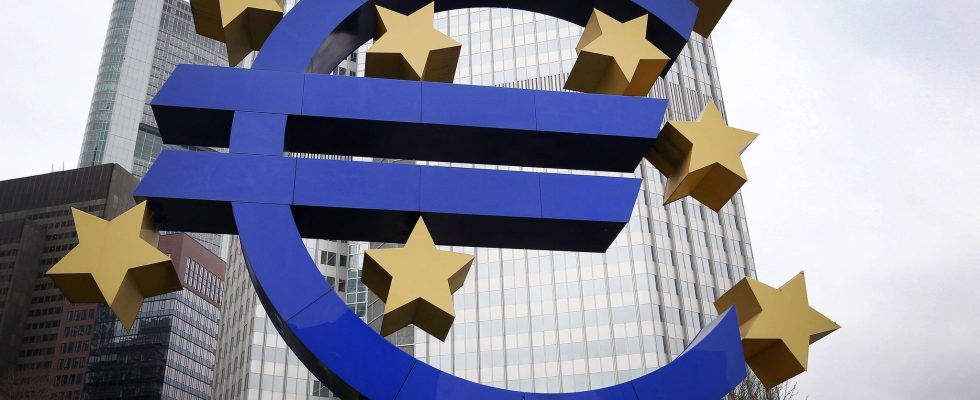On July 17, the American daily wall street journal (WSJ) caused a sensation, for once, in Europe. On the front page of the newspaper, a paper by Tom Fairless explains, with supporting data, that “Europeans are getting poorer, while Americans are getting richer” (Europeans become poorer as Americans get wealthier). This development is considered to have major geopolitical implications, the implication being that our continent will remain in the diplomatic and military tow of the United States.
Let’s skip the clichés that our American friends can’t help distilling about us, out of profound ignorance of who we are. Thus, it is indicated in the article that a sign of France’s decline can be seen in the drop in consumption of foie gras and red wine, while these changes are mainly linked to the rise in animal welfare and human health issues, changes which Americans would do well to learn from given their obesity rate compared to ours (40% against 17%).
Let us also underline the statistical biases which serve the anti-European and pro-American purpose excessively, and undermine its rigor. For example, the depreciation of the euro against the dollar mechanically increases the differences in economic performance between the two zones. A more precise measure of the differences in GDP per capita, known as purchasing power parity, gives results that are much less spectacular than those put forward by the WSJ.
GDP at half mast on the Old Continent
The fact remains that the article object of the scandal says the right things, which had the merit of stinging the susceptibility of the leaders of the Old Continent.
First, an observation: the European economy has, according to the author, grown by 6% over the past fifteen years, compared to 82% for the American economy. Measured correctly, the deviation is smaller. Let’s say that the European economy grew about half as fast as the American economy. With such low growth on the Old Continent – of the order, in volume, of 1 to 1.5% per year – the financing of the welfare state is subject to tension. We are stingy for education or university, salaries increase less than needs, we do not protect ourselves sufficiently either on the internal front – against insecurity – or on the external front – against Russia.
Then an anticipation: if we extend the curves, by 2035, the gap in GDP per capita between the United States and Europe will be the same as between Japan and Ecuador today. Again, we can statistically demonstrate that the movement is slower than what is written in the WSJ. That being said, our relative downgrading risks moving us gradually out of the wealthy country category – closer to 2050 than 2035.
Finally, an explanation: wall street journal evokes the aging of the population, the preference for free time and job security. There, nothing to say, the analysis is correct.
To decarbonize, you need resources, and therefore growth
The question we must ask ourselves now is: is the impoverishment of our continent and its loss of influence in the world a collective wish? One would, unfortunately, be tempted to answer in the affirmative. Benefiting from a lot of leave, retiring relatively early, investing in the welfare state rather than in education, research and innovation are legitimate choices. Simply, it would seem that a large part of Europeans – and what about the French! – have not grasped the consequences of these choices.
Take the example of ecology. Americans are decarbonizing their economy and reindustrializing at a truly staggering speed. From this point of view, Biden’s record is spectacular, where Trump’s was Lilliputian. Carrying out a real ecological policy requires enormous financial resources, both public and private. But these means do not fall from the sky, they are the result of work and intelligence, that is to say, of growth. Also, the European economic downgrading has the necessary consequence of an ecological downgrading to come, in the same way that it removes any hint of “strategic autonomy”, to use the current term in the chancelleries.
Our economic performance condemns us to implore the Americans to watch over our vital interests. Perhaps our political leaders should present things more in this way, in order to place European citizens before their historical responsibility.
* Nicolas Bouzou is an economist and essayist.
